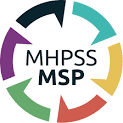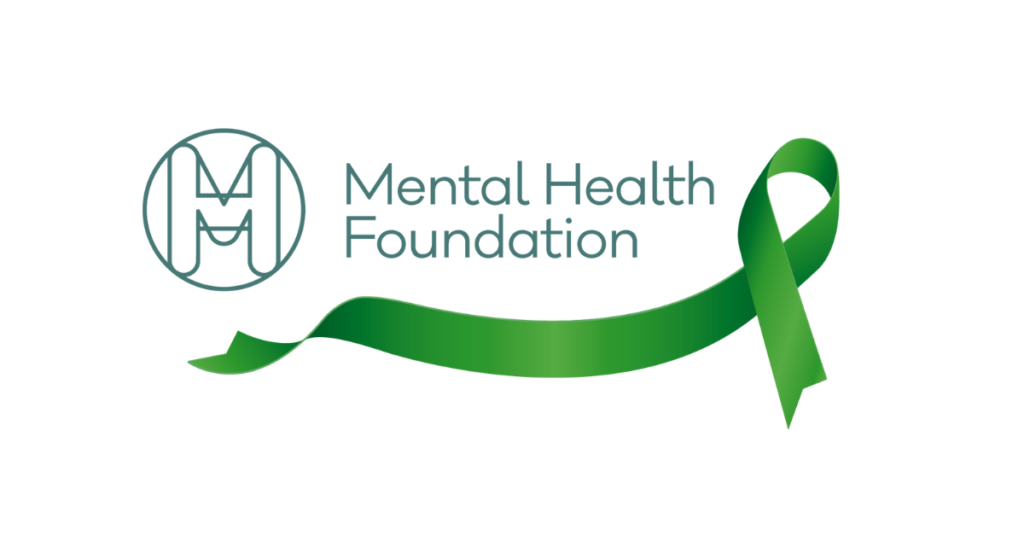A list of free online courses in Mental Health and Psychosocial Support (MHPSS) in Humanitarian relief
The importance of Mental Health and Psychosocial Support (MHPSS) in humanitarian responses does not need a lot of explanation. Children, youth, and adults exposed to conflict, natural disasters, and other humanitarian crises can suffer severe psychological and social consequences. MHPSS is a work area for professionals. However, all operating in humanitarian aid need a basic understanding of MHPSS to raise awareness and be discussed and integrated into all our plans and projects. It was therefore obvious (also from the requests I got following the introduction to the humanitarian relief course list) that I needed to include a dedicated introduction list of courses in Mental Health and Psychosocial Support (MHPSS). A course list around Mental Health and Psychosocial Support in emergencies and humanitarian relief. If you wish to learn more about GBV and Child Protection, make sure also to check the elearning list I created earlier.
I posted a video to get a proper introduction and rationale for the importance of Mental Health and Psychosocial Support during conflicts, disasters, and humanitarian responses. This area of work and attention is best summarized by this short video of the Psychosocial Centre of IFRC (Please check their website for many great resources).
Three important resources:
Free online courses in Mental Health and Psychosocial Support in Emergency responses
- Public Health: Mental Health and Psychosocial Support by International Federation of the Red Cross – IFRC (1 hour)
- Introducing Mental Health and Psychosocial Support (MHPSS) in emergencies by WHO (7 hours)
- Chronically Ill in an Emergency: Why Mental Health Matters by University of Copenhagen, Danish Red Cross and Reference Centre for Psychosocial Support (9 hours)
- Psychological First Aid by John Hopkins University (6 hours)
- Mental Health and Psychosocial Wellbeing of Adolescents Affected by Conflict by The MHPSS Collaborative, HIAS and Humanitarian Leadership Academy (3 hours)
- Principles of Psychological First Aid by International Medical Corps (2 hours)*
- Mental Health e-course by MSF (OCBA) (20 hours)
- Community-Based Mental Health and Psychosocial Support in Emergencies and Displacement by IOM and USAID (30 hours)
- Remote training on mental health and psychosocial support by UNICEF Latin America and Caribbean Regional Office, UNICEF Venezuela office and the Child Protection Area of Responsibility group (4 hours)
- Basic Psychological First Aid by First Aid Africa (2-3 hours per week – 3 weeks)
- Stress Management and Mental Health for Everyone by Cornerstone Ondemand Foundation (0,5 hour)*
- Psychological First Aid for Children by Humanitarian Leadership Academy and Save the Children (1,5 hour)
- Promoting Children’s Development and Wellbeing: Modules Mental Health and Psychosocial Wellbeing of Children, Adolescents and Youth by Save the Children (3,5 hour)
- WHO QualityRights e-training on mental health by World Health Organization – WHO QualityRights Initiative
- Psychosocial Support for Migrants by IOM (4 hours)
- Mental Health and Psychosocial Support and Migration Awareness Raising by IOM (1,5 hours)
- Suicide Prevention in Resettlement, Asylum and Integration Settings by IRC – International Rescue Committee (0,5 hour)
- PPE For Your Mind: A Frontliner’s Field Guide to Mental Health by TEMA Foundation
- Psychological First Aid, the National Child Trauma and Stress Network by NCTSN (6 hours)
- MHPSS in & through EiE by Humanitarian Leadership Academy and others (10 hours)
A few general courses in Mental Health
- Mental Health Theory and Practice by the University of Alaska (4-6 hours per week – 6 weeks)
- Understanding Muslim Mental Health by Cardiff University (5 hours per week – 4 weeks)
- Mental Health and Resilience for Healthcare Workers by University of Toronto (5-6 hours per week – 6 weeks)
This list has been compiled based on my experience in the sector, my training as NOHA Alumni, and with support of colleagues and others. Please let me know who and what I am missing, and I will keep updating this list.






6 thoughts on “A list of free online courses in Mental Health and Psychosocial Support (MHPSS) in Humanitarian relief”
Comments are closed.